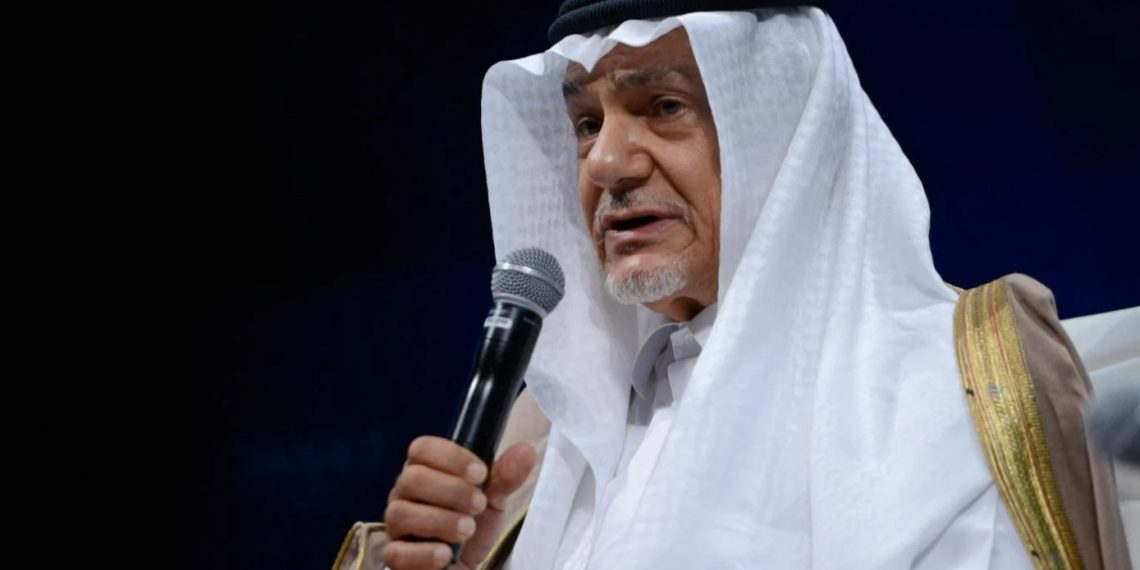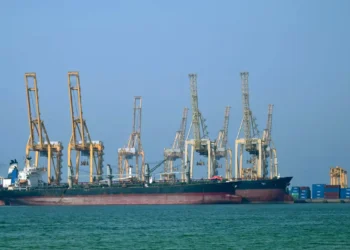RIYADH (Realist English). A senior member of the Saudi royal family, the former head of Saudi intelligence Prince Turki al-Faisal did not agree with the allegations that the Ringdom is to blame for the rise in energy prices in the United States. Instead, he blamed the Joe Biden administration.
He shrugged off the claim that Saudi Arabia has not budged on the issue of the oil problems that the US is facing, countering that Washington itself “is the reason for the state that it is in because of its energy policy.”
In November 2021, US President Joe Biden blamed Russia and the member states of the Organization of Petroleum Exporting Countries (OPEC) for the established high prices for hydrocarbons.
The Kingdom’s calls to increase production only intensified after the start of the Russian special operation in the Ukraine exacerbated the rise in energy prices, and the average price of gasoline in the United States in March reached a record high of $4.17 per gallon. This contributed to an increase in inflation and undermined the Democratic Party’s hopes for success in the midterm elections this fall.
In April, a group of Democratic lawmakers sent a letter to Secretary of State Anthony Blinken, in which they called the Kingdom’s resistance to increasing oil production one of the many reasons for revising the US partnership with Saudi Arabia.
In recent years, the US has become one of the largest oil producers in the world, thanks in part to the fracking boom. This has allowed Washington to drastically reduce its dependence on foreign supplies, but has also drawn criticism from many progressives in Biden’s party who insist on a rapid transition to green energy.
In the first quarter of 2022, Saudi Arabia’s economy grew by 9.6%. The growth was caused by the recovery of the oil sector. The Kingdom’s economy is showing the highest growth in more than a decade. In the first quarter, oil activity in Saudi Arabia increased by 20.4%, while non—oil activity increased by 3.7%.


















